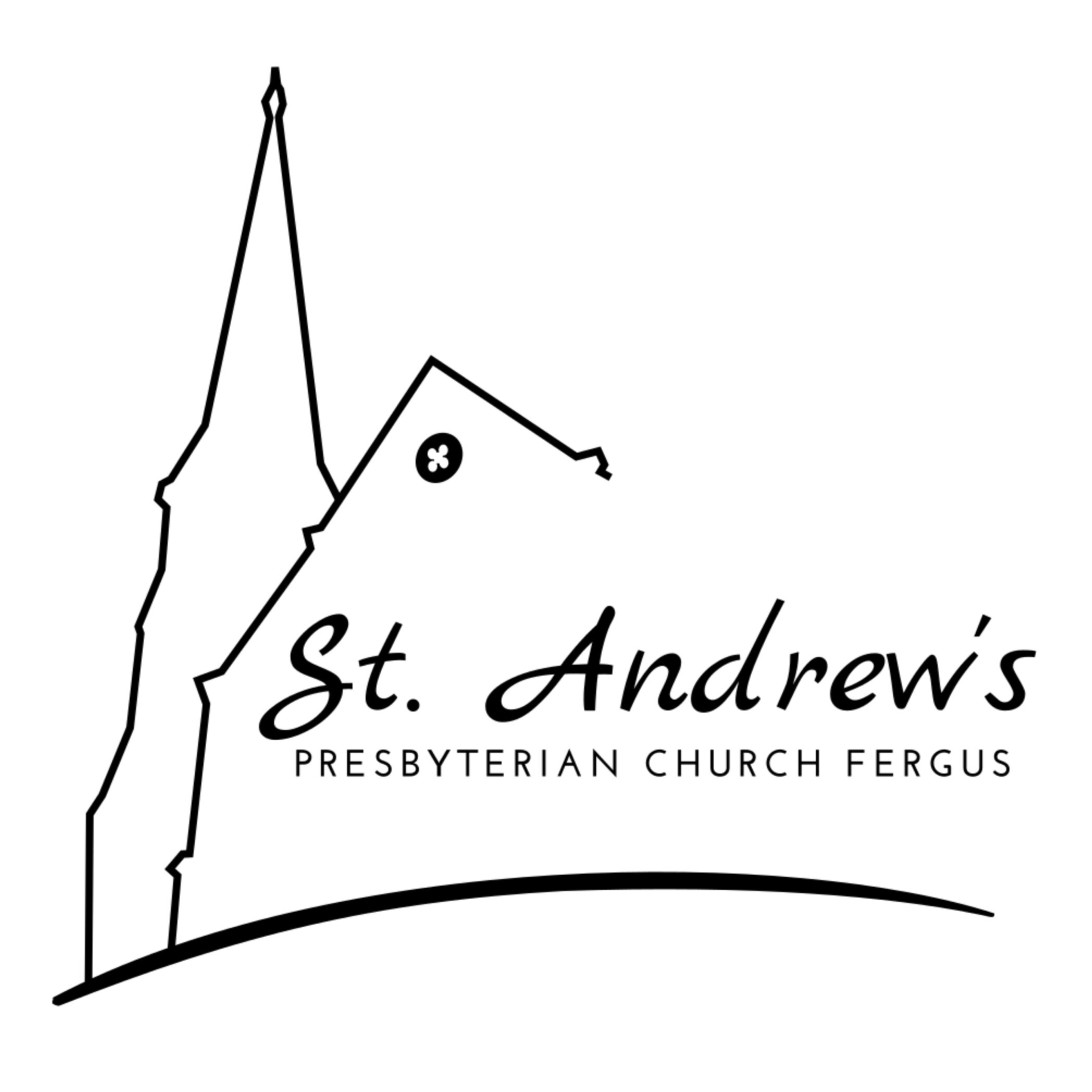Keeping covenant
Psalm 89
A Maskil of Ethan the Ezrahite.
1 I will sing of your steadfast love, O Lord, for ever;
with my mouth I will proclaim your faithfulness to all generations….
3 You said, ‘I have made a covenant with my chosen one,
I have sworn to my servant David:
4 “I will establish your descendants for ever,
and build your throne for all generations.”’ Selah …
19 Then you spoke in a vision to your faithful one, and said:…
28 “For-ever I will keep my steadfast love for him,
and my covenant with him will stand firm.
29 I will establish his line for ever,
and his throne as long as the heavens endure.
30 If his children forsake my law and do not walk according to my ordinances,
31 if they violate my statutes and do not keep my commandments,
32 then I will punish their transgression with the rod and their iniquity with scourges;
33 but I will not remove from him my steadfast love, or be false to my faithfulness.
34 I will not violate my covenant, or alter the word that went forth from my lips.”…
38 But now you have spurned and rejected him;
you are full of wrath against your anointed.
39 You have renounced the covenant with your servant;
you have defiled his crown in the dust.
40 You have broken through all his walls; you have laid his strongholds in ruins.…
49 Lord, where is your steadfast love of old,
which by your faithfulness you swore to David?
50 Remember, O Lord, how your servant is taunted;
how I bear in my bosom the insults of the peoples,
51 with which your enemies taunt, O Lord,
with which they taunted the footsteps of your anointed.
52 Blessed be the Lord for ever. Amen and Amen.
This is a very long psalm which has been excerpted for length.
Central to the argument of this psalm makes is the following: God made a covenant to David to establish the throne of David forever. Even if the people of Israel (Judah) disobeyed and were punished for their wrongdoing (vs. 30-32), God would not break covenant with them. God would be faithful to the promise to have a descendant of Israel on the throne of Israel (Judah) (vs. 33-34). This psalm written after the capture of Jerusalem by the Babylonians, during which the leaders of Israel were taken into exile in Babylon and the David line was at a (seeming) end. The psalm writer makes a charge against God, “you have renounced the covenant”. (vs. 39) This is a very serious charge, God is being accused of unfaithfulness to his promise.
Even though the writer has issued that charge, they cannot believe God would be unfaithful. So the psalm ends with a declaration of trust in God, “Blessed be the Lord forever and ever.” In the end it is not possible that God would be unfaithful – even though the writer of the psalm can see little or no evidence that God is being faithful to promise that David’s line was being maintained.
The writer cannot see what we can see – that Jesus, part of the David line, would become the forever ruler not only of Israel but of the whole world. The writer from their limited viewpoint could not see the future faithfulness of God. This is a reminder to us, when we think God has broken faith – we need to remember that we are limited and are unable to see how things will end with God fulfilling the promises that God has made.
PRAYER:
Lord God, your ways are above our ways, and your thoughts about our thoughts, you can see the end from the beginning. Even when we do not know how you will do it, teach us to remain trusting that you will fulfill your promises. Blessed by you, O Lord, for ever. In Jesus’ name. Amen.
